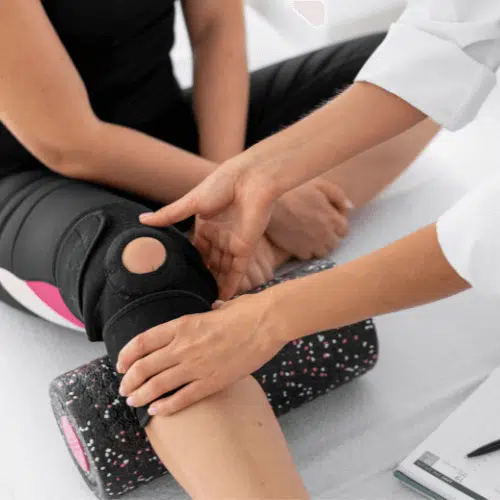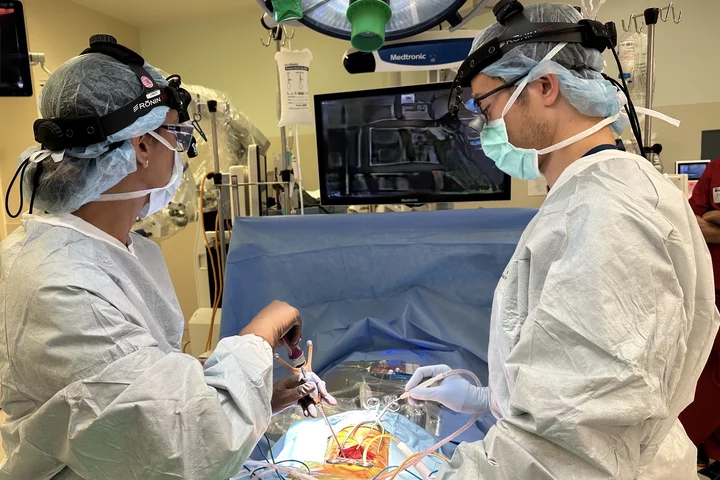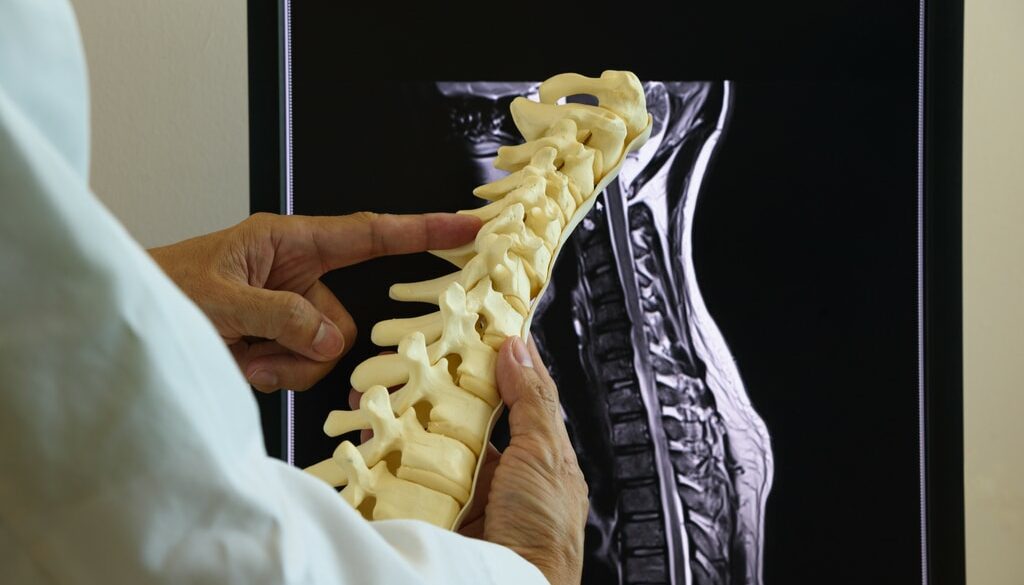What Does Axis Spine And Orthopedics Do?
What Does Axis Spine And Orthopedics Do?
Blog Article
The Only Guide for Axis Spine And Orthopedics
Table of ContentsFacts About Axis Spine And Orthopedics RevealedLittle Known Questions About Axis Spine And Orthopedics.The 9-Minute Rule for Axis Spine And OrthopedicsThe 25-Second Trick For Axis Spine And Orthopedics
An orthopedic surgeon is a doctor who specializes in dealing with problems of the bones, joints, and connective cells, and ensuring you preserve a healthy bone and joint system., we have actually extremely certified orthopedic cosmetic surgeons that are capable of treating clients of all ages. I got included in research during my very first year of clinical college, and I started making connections with orthopedic doctors early on.
Adhere to these guidelines very carefully to prevent problems during the procedure. Discuss the post-operative care plan with your specialist. Comprehend what to expect throughout the healing period and for how long it will require to resume day-to-day activities. Schedule transportation to and from the hospital on the day of surgery.
About Axis Spine And Orthopedics

You will not be able to drive promptly after the treatment. Technique relaxation techniques, such as reflection or deep breathing workouts, to aid manage stress. Shower with an anti-bacterial soap the evening before and the early morning of the surgical procedure to reduce the threat of infection. Your physician will certainly give a lot of information relating to post-operative treatment, consisting of just how to stay tidy and keep the medical location tidy. This can be handy to do days before the surgical procedure to ensure you do not fail to remember anything. Complying with these ideas can prepare you literally and psychologically for your orthopedic surgery. Remember to maintain a favorable outlook and count on your medical group's expertise, adding to a smoother healing process. Your active engagement in the preparation procedure will equip you to organize your wellness and enhance your overall medical experience. Checking out a little bit regarding the surgical procedure or attempting to see a video of it is the very best preparation. By doing this you have an idea of what occurred, what is occurring, and what will certainly take place.

Or else, you'll simply get puzzled. Think of the big picture. No one expects you to recognize anything, so don't attempt to remember a lot of arbitrary realities. Whether you're pursuing your youngsters, dealing with hiking trails, or displaying your ideal dancing relocations, keeping your bone and joint system in great form is necessary. Otherwise, joint pain can really screw up your life.
Common conditions treated by orthopedic specialists are: Cracks and Bone Trauma: Broken bones and various other injuries from mishaps or influences. Bone Cancer: Lumps in the bones. Orthopedic Injury: Serious injuries influencing bones, joints, or soft cells.
Strains and Strains: Injuries to ligaments and muscle mass. Tendinitis: Swelling of the ligaments. Orthopedic specialists execute a selection of treatments to aid people with bone and joint concerns. Usual instances are knee and hip substitutes. Joint Repair: Restoring a damaged joint to restore its feature. Bone Grafting: Taking bone from one component of the body and transplanting it to an additional location to repair and reconstruct damaged bones. Reconnecting Nerves: Repairing damaged nerves to recover activity and feeling. Spine Disk Replacement: Changing a harmed back disk with an artificial one to ease pain and restore feature. You'll need to take and pass the Medical College Admission Test( MCAT). This standardized examination examines your expertise and skills necessary for success in clinical college. Clinical school is an intense

All About Axis Spine And Orthopedics
Next, they finish an orthopedic residency. It's generally five years and provides hands-on understanding in a clinical setting. Restricted activity as a result of pain. Stiffness. First consultations typically consist of: Reviewing your symptoms, case history and way of living. A physical examination, consisting of moving the affected joint in specific methods. Imaging studies, such as an X-ray. Description of your diagnosis.
Treatment referrals. Some conditions need additional imaging, like a CT scan or MRI for even more extensive sights of the excruciating location. Your orthopedist will advise therapies to minimize signs and symptoms up until you receive a diagnosis. Orthopedic surgeons focus on nonsurgical and medical techniques. For particular sorts of orthopedic trauma or hereditary problems, surgery is often the very first line of therapy. For most other conditions, orthopedists try nonsurgical treatments. It might take even more than one kind of therapy to attain long lasting relief. Selecting the right is crucial for successful medical end results and improved client recuperation. With a wide variety of options offered in the market, it can be overwhelming for both cosmetic surgeons and people to make an informed decision. The leading 5 variables to take right into account when choosing an orthopedic dental implant are medical compatibility, cost-effectiveness, factors to consider for modification surgical procedure, patient-specific variables, about his and the layout and development of the implant. They come in various shapes, dimensions, and products, each offering a certain function based on the person's needs. Understanding the basics of orthopedic implants is essential before diving into the decision-making procedure. One of the leading considerations when picking an orthopedic dental implant is its compatibility with the procedure. Different implants are created for various surgical techniques and approaches. The orthopedic implant should be especially created to fit the client's anatomy and guarantee stability throughout the recovery process. Surgical compatibility entails aspects such as implant dimension, shape, and material. The success of orthopedic treatments depends heavily on the proper selection and placement of implants that are compatible with the client's composition and medical background. By focusing on patient security and health, orthopedic doctors can accomplish successful end results and give the best of care to their patients. Doctors must thoroughly consider the biomechanical buildings of the dental implant and just how it will integrate with the patient's bone structure. This will add to better medical outcomes, lowered issues, and much shorter recovery time. When selecting implants for an individual, it is important to take into consideration a range of patient-specific variables that can affect the success and outcome of the treatment. These variables encompass the individual's age, bone top quality and amount, oral health and wellness standing, case history, way of living practices, and visual choices. For older people with compromised bone density, much shorter implants or grafting procedures may be valuable to provide the necessary security and assistance. 3. Is the size of the orthopedic implant an important consideration? Exactly how does it influence the medical treatment and the client's healing? Yes, the dimension of the implant is essential as it needs to match the individual's framework for appropriate fit and capability. 4. Can the person's age and way of living play a role in choosing the most ideal orthopedic dental implant? Definitely. Exactly how does the price of an orthopedic dental implant variable right into the decision-making procedure, and exist methods to stabilize quality with affordability? The cost of the implant is an important factor to consider, however it must not be the sole determining element. Stabilizing top quality with affordability involves evaluating various dental implant choices 'lasting advantages and prospective issues. Report this page